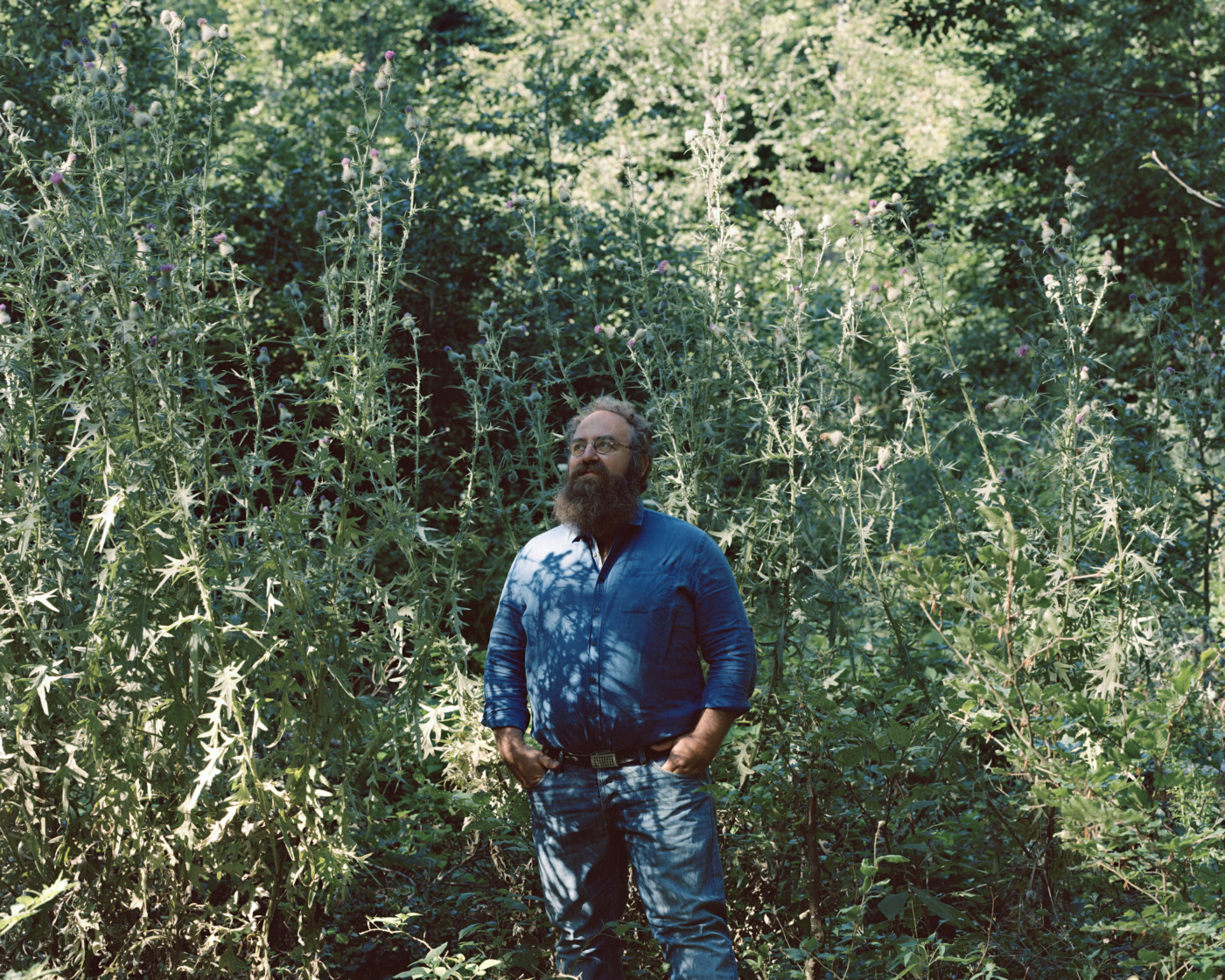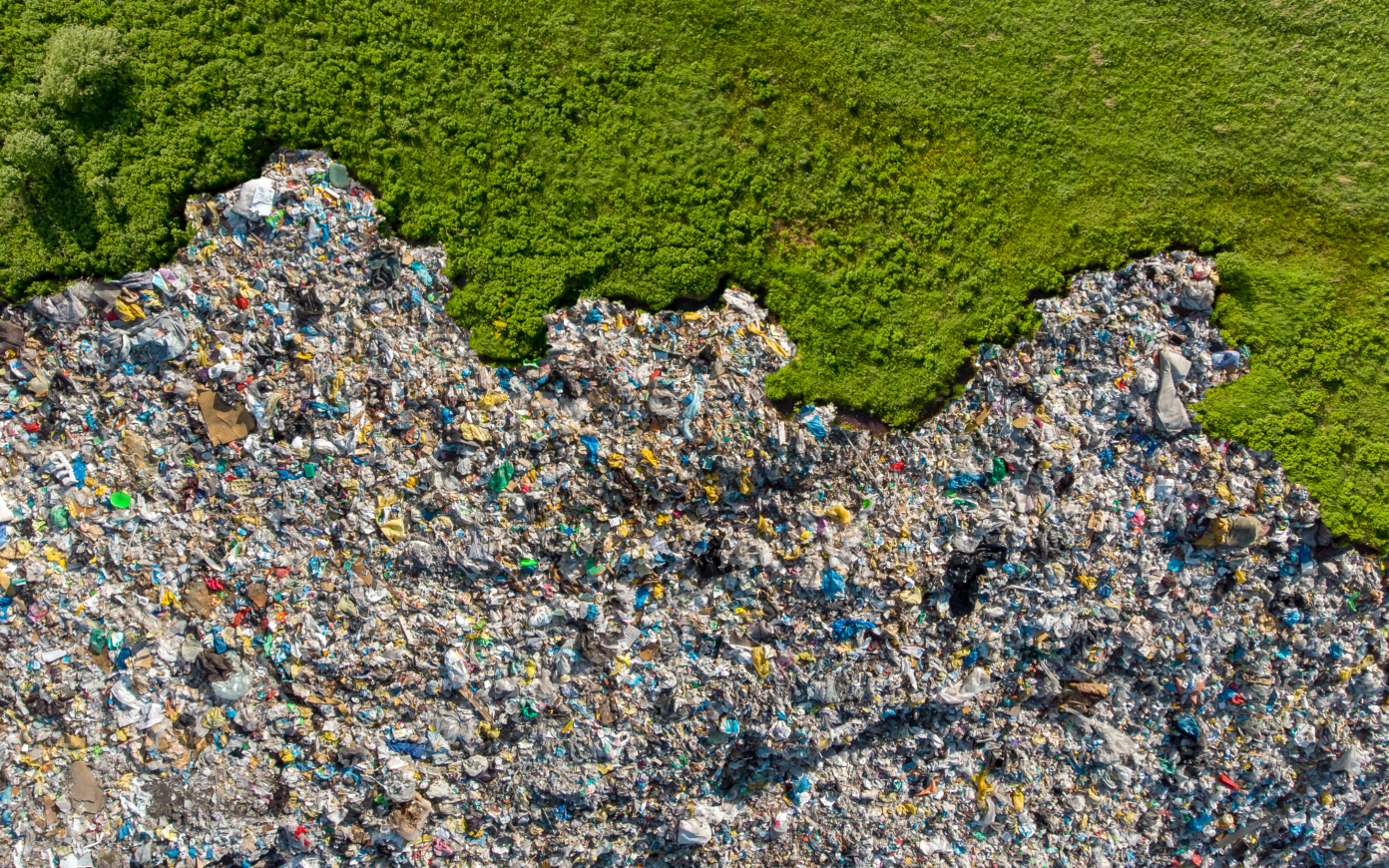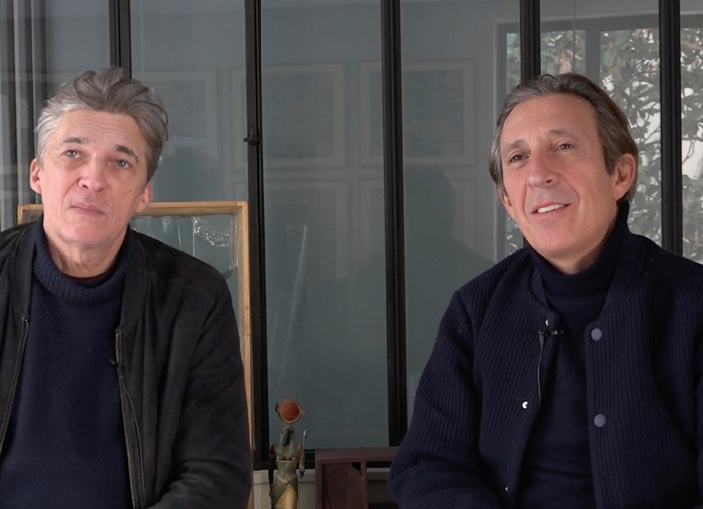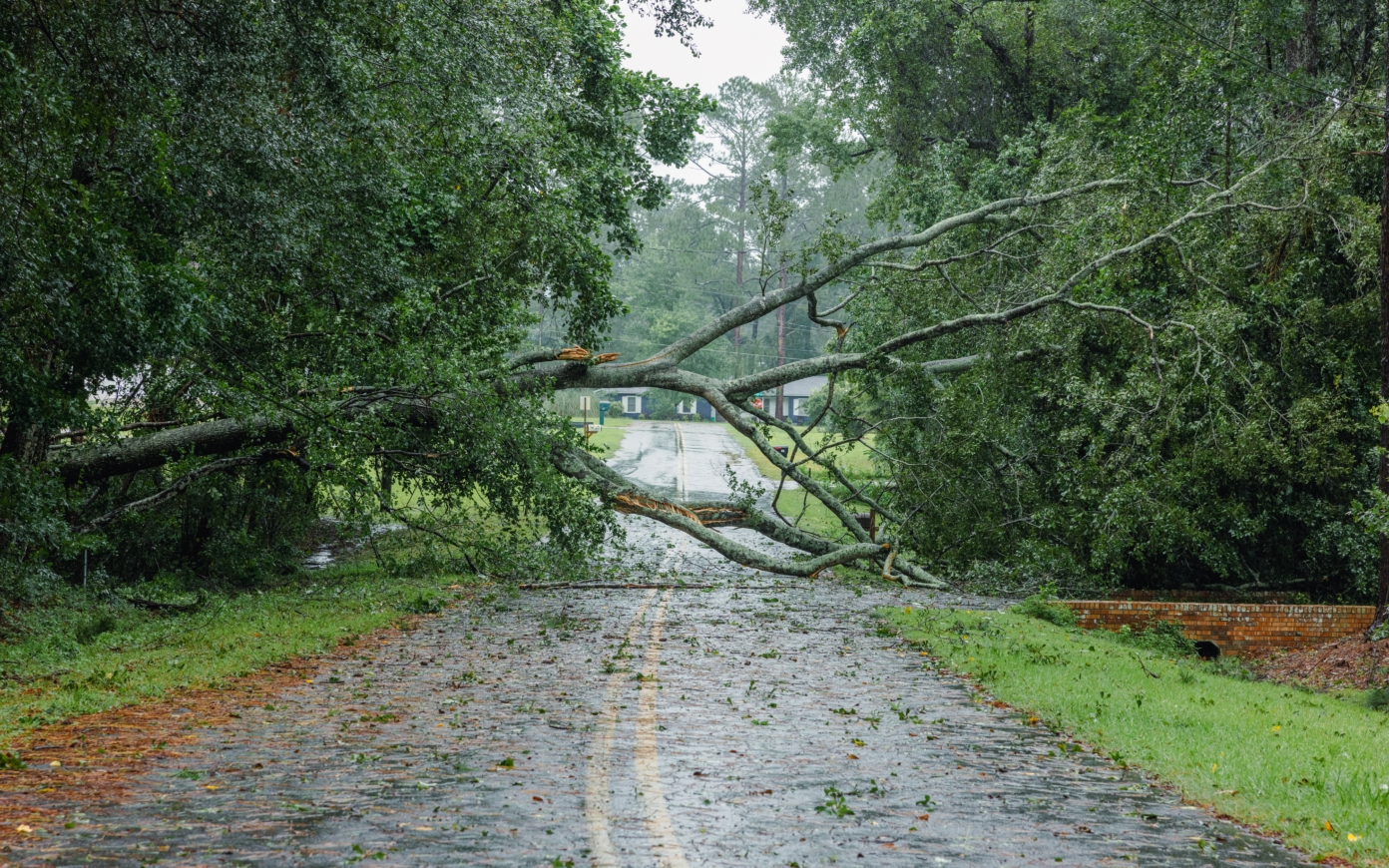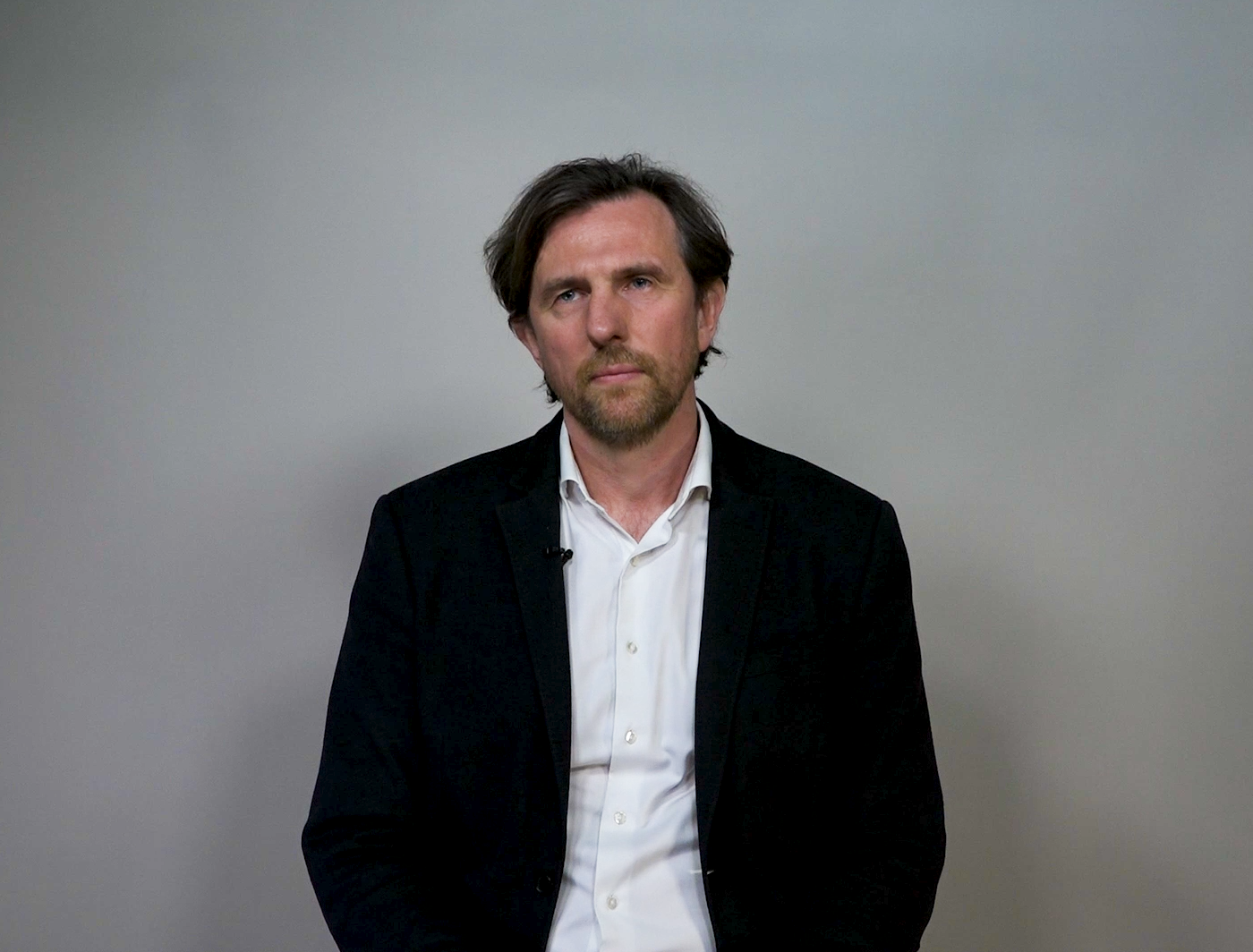Examine the past to fix the present
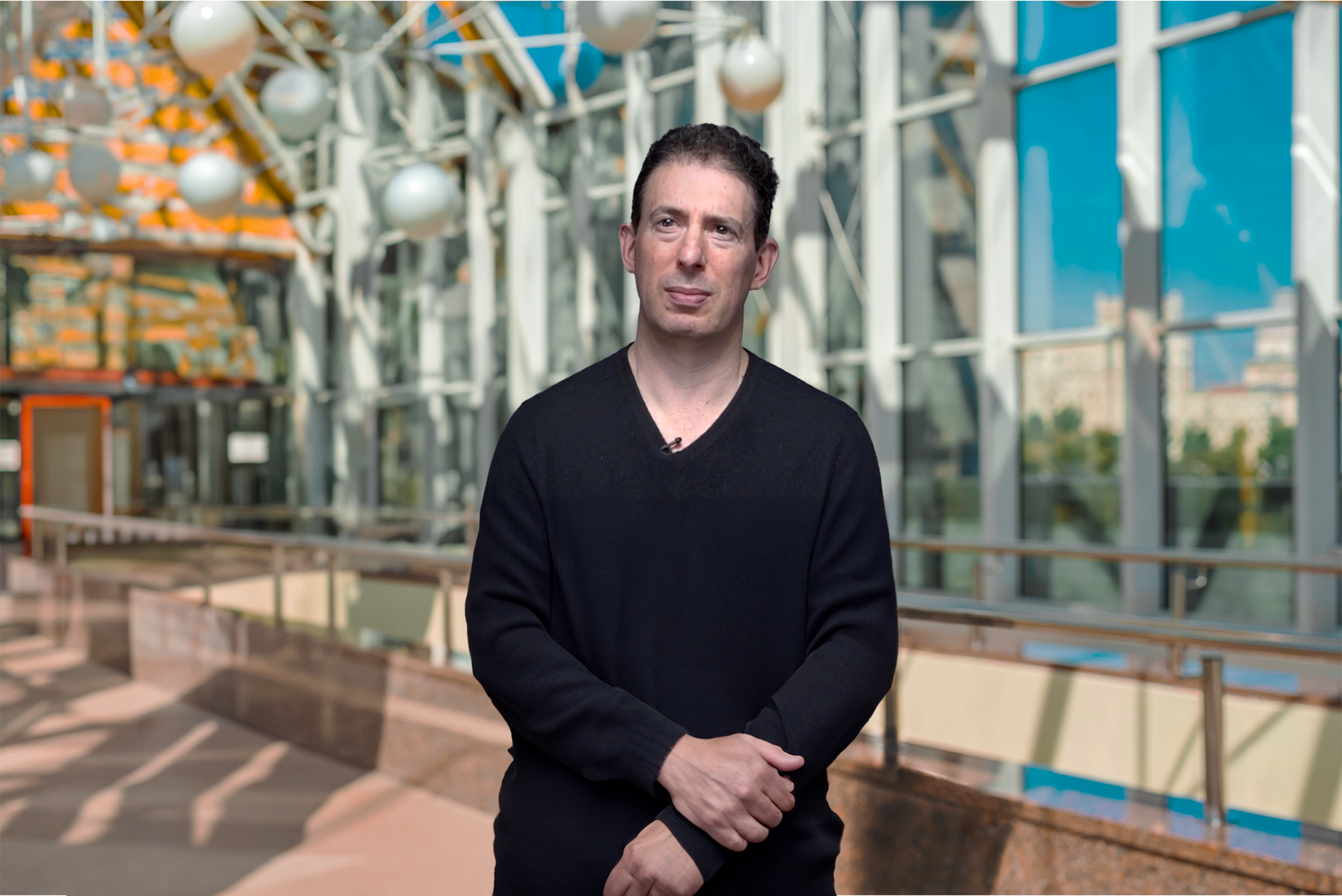
- Publish On 24 April 2022
- Éric Klinenberg
- 5 minutes
Professor of Social Science and Director of the Institute for Public Knowledge at the University of New York, Eric Klinenberg looks back into the impact of the Chicago Health Wave of 1995. By using a social and urban autopsy, he reveals that it is the lack of social infrastructure that underlies the effects of the disaster.

